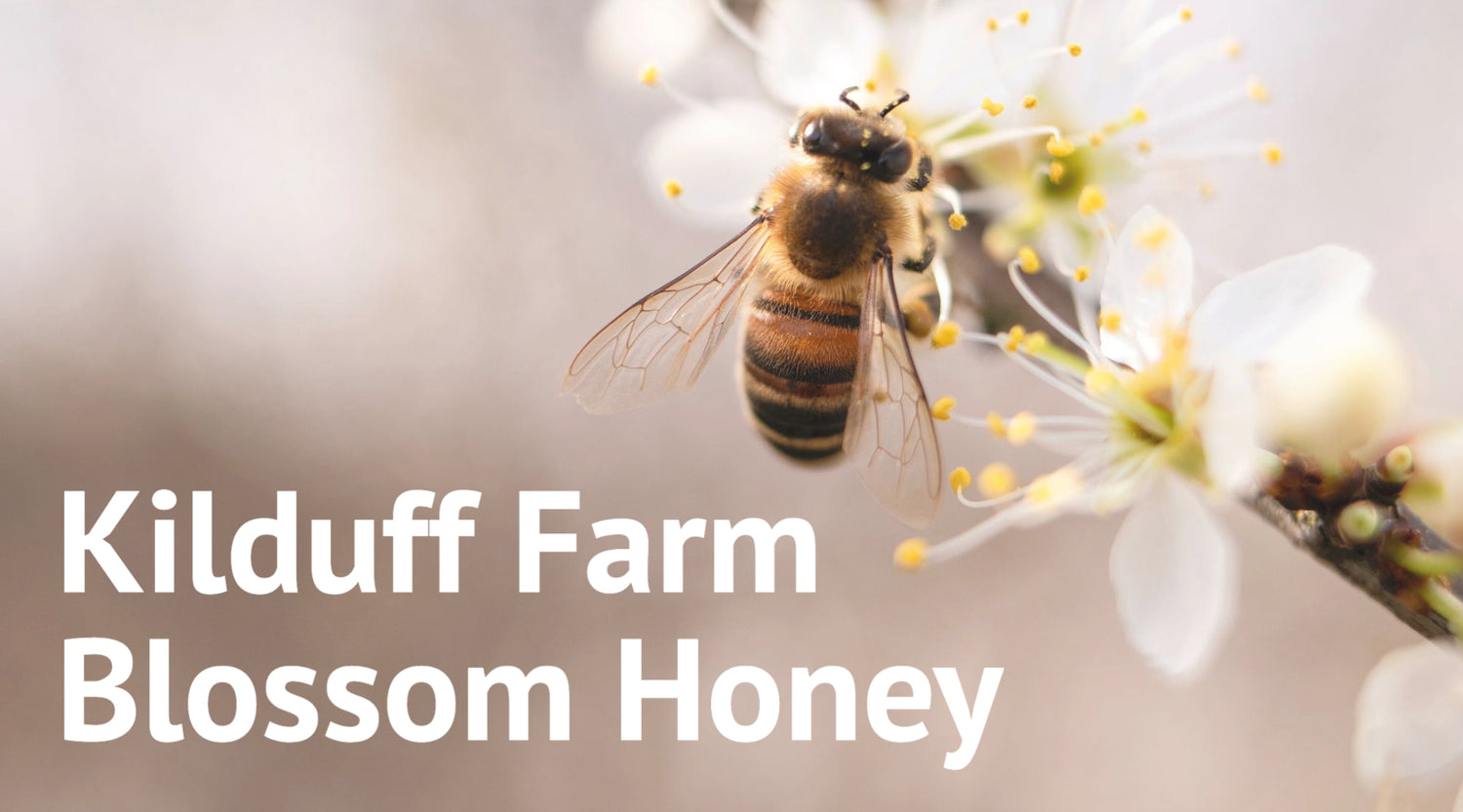Welcome to the Love Your Local Larder podcast! A podcast that celebrates local produce with the people who cook and grow it.
Blog written by Louise McKie.
‘Around a cheeseboard, the best conversations happen!’
In this episode, you’ll experience this through Suzie’s captivating conversation with Svetlana Kukharchuk: The Cheese Lady. Passion for her cheese oozes from every section of the podcast. You’ll learn about why supermarket cheeses lack the depth that farmhouse and artisan cheeses do, how to create an exciting cheeseboard for any occasion and how wines can be friend, foe or, even, lover to a cheese!
The Cheese Lady began as a passion project in New York City over 20 years ago, where Svetlana gave up her free time in exchange for delicious cheeses. She describes how her mind was ‘blown to pieces’ by the varieties of cheese she encountered and, from there, she never looked back. From Murray’s in New York’s Grand Central Station, to St Andrew’s and now Haddington, The Cheese Lady has been bringing joy to our dinner tables through a commitment to sourcing the best artisan and farmhouse cheeses the world has to offer.

Suzie gives us a sense of how inspired she was by Svetlana: “WOW, Svetlana's knowledge of cheese and flavours is out of this world. We've worked with her for a few years now and I have always loved her attention to detail and how pretty and organised her store is. She's also a very nice person. She really got me to appreciate that cheese doesn't have to be a big cheese board where you overindulge, it can be as simple as a few slices and a glass of wine on a Saturday night.”
Listen to the full podcast episode here...
In this conversation, Suzie and Svetlana discuss the origins of cheese and the fascinating way it has been shaped by the regions of the world in which it has been made. This ‘timeless food type’ can be compared with honey in terms of the tension between industrially produced products and artisanal ones.

Here, Svetlana explains the unique crafting of artisanal and farmhouse cheeses. Artisanal cheeses are made on a small scale with humans at the centre of the production process. These are not mass produced and are carefully matured to allow flavours and nutrients to come to the fore. Farmhouse cheeses are very similar but differ only in the sourcing of the milk: artisanal cheeses source milk from nearby farms, whereas with farmhouse cheese, the milk is produced on the farm and the whole product is made on the same site. Each of these cheeses has an interesting story to tell!

By contrast, industrial cheeses demand that milk travel long distances before it is made into cheese, killing the microflora (and therefore, much of the flavour and nutrients). Many of these cheeses are not aged for maturity, although it can be difficult to tell as they provide little information about the cheese and its origins. Ultimately, these cheeses can be underwhelming in flavour.
We then learn about how to make a fabulous cheeseboard for any occasion. Here, Svetlana says that variety is key. Choose a selection of 3 to 5 cheeses with a range of textures, aromas, milk types and regions for best results. The tasting section provided some lovely examples of this. We learn that there is no hard and fast rule for which accompaniments are best. This is mainly down to personal taste and may include things like buttermilk crackers for palette cleansing, quince, fresh fruit or a French baguette. Suzie finds out that an Appenzeller or a Corra Linn would be an excellent complement to our Scottish Heather Honey too!

There is an interesting reflection on how to live well in a way that is balanced between wellbeing and enjoying food. While eating foods that bring us joy is said to help us process it faster, we need to learn to enjoy these in moderation. Svetlana elaborates on this in her book ‘The Cheese Connoisseur’s Handbook’.

In the tasting segment, Suzie enjoys five cheeses from all over the world with a range of textures, aromas, milk types and maturities. All these cheeses are best enjoyed after at least 30 minutes at room temperature to open up the flavours. Cover with a cloche, foil or a towel to stop them drying out.
- Delice des cremier (France) - a triple cream that oozes buttery flavour. It pairs nicely with a bubbly booze as the acidity and bubbles lift the flavours perfectly. And you can enjoy the mushroomy rind on this one!
- Rachel (England) - a goat’s milk gouda from Somerset. This one has a strong aroma and is a perfect introduction to a goat’s cheese as it is identifiable, but not overpowering. Pair with a medium-bodied wine; either white or red as long as it’s not too heavy to overpower the flavours in the cheese.
- Appenzeller 9+ (Switzerland) – a nutty, oniony flavour and one of Svetlana’s personal favourites. A complex cheese that ‘makes your tongue tingle’ according to Suzie. Pair with a medium to full-bodied wine; an oaky white or a nice red.
- Corra Linn (Scotland) - a sheep’s milk cheese that feels like a cheddar in texture; it is firm and crumbly with earthy flavours which emerge as you chew. Pair with a medium bodied red wine, or a more full-bodied one if the cheese is more mature.
- Roquefort (France) - a strong blue cheese that is velvety and smooth in texture. The flavours are complex and develop in your mouth. Pair with Sauternes, a French dessert wine from Chateau Filot. Svetlana describes this pairing as ‘life changing’ although any sweet, white wine will work beautifully.

This conversation with The Cheese Lady will certainly add confidence and conversation to your cheeseboard! Svetlana’s expertise is shared simply, allowing us all to access farmhouse and artisanal cheeses in a way that delights our palettes. Find her in Haddington or visit her website. You can also find one of The Cheese Lady's favourite recipe here, Ultimate Pasta Gratin.





